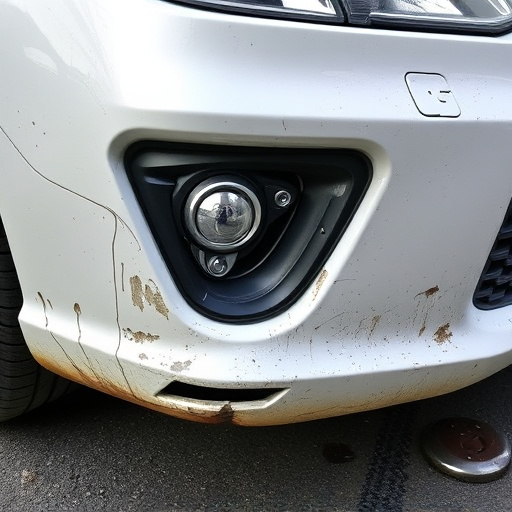A Customer Satisfaction Guarantee (CSG) builds strong client relationships in competitive markets like automotive repair by promising exceptional service and product quality. Prompt issue resolution enhances reputation, encourages loyalty, and fosters repeat business. Implementing a strong CSG strategy involves comprehensive warranties, clear communication, responsive service, and feedback mechanisms; measuring success through repeat business and retention rates shows guarantee impact on brand loyalty.
Customer Satisfaction Guarantee (CSG) is a powerful tool that fosters long-term customer relationships. Understanding and implementing an effective CSG strategy can significantly enhance client loyalty and retention. This article explores the essential role of CSG in modern business, provides practical strategies for its successful integration, and discusses measurement techniques to track customer loyalty post-guarantee. By delving into these aspects, we aim to illuminate how businesses can build enduring relationships with their customers through exceptional service.
- Understanding Customer Satisfaction Guarantee (CSG) Essential Role
- Strategies to Implement Effective CSG for Longevity
- Measuring Success: Tracking Customer Loyalty Post-Guarantee
Understanding Customer Satisfaction Guarantee (CSG) Essential Role

A customer satisfaction guarantee (CSG) serves as a cornerstone for fostering robust and enduring relationships with clients. It’s more than just a policy; it’s a commitment to ensuring every customer interaction meets or exceeds expectations. In competitive markets, such as automotive repair, auto glass repair, or automotive body work, where customers have numerous options, a strong CSG can set businesses apart.
By offering a guarantee, businesses demonstrate their confidence in the quality of their services and products. This assurance provides customers with peace of mind, knowing they’re backed by a commitment to their satisfaction. Consequently, it encourages repeat business and fosters loyalty, transforming one-time clients into long-term partners. Moreover, addressing any issues promptly through the CSG can turn potential negative experiences into positive ones, enhancing the overall customer experience and building a solid reputation for the company.
Strategies to Implement Effective CSG for Longevity

Implementing a robust Customer Satisfaction Guarantee (CSG) strategy is pivotal for fostering long-term relationships with clients, especially in competitive markets. To ensure longevity, businesses should focus on proactive measures that address potential issues before they arise. One effective approach is to offer comprehensive warranties or service guarantees, covering not just the initial repair but also subsequent related services. For instance, an auto body shop could provide a lifetime guarantee on its collision repair work, coupled with annual checks for any signs of wear or damage. This builds trust and encourages repeat business, as clients feel secure knowing their investment is protected.
Additionally, efficient CSG involves establishing clear communication channels and responsive customer service. Promptly addressing client concerns, whether related to auto maintenance or body shop services, demonstrates a commitment to satisfaction. Regular feedback mechanisms, such as post-service surveys, allow businesses to gauge customer experience and identify areas for improvement. By actively listening to their clients’ needs and preferences, companies can tailor their offerings, ensuring each interaction strengthens the bond with customers over time.
Measuring Success: Tracking Customer Loyalty Post-Guarantee

Measuring success after implementing a customer satisfaction guarantee (CSG) is crucial for understanding its impact on fostering long-term relationships. One effective way to gauge loyalty is by tracking repeat business and customer retention rates. By analyzing how many clients return for additional services, you can determine the CSG’s effectiveness in building brand loyalty. For instance, a car repair shop offering a comprehensive vehicle restoration service might notice a significant increase in repeat customers seeking fleet repair services over time.
This data-driven approach allows businesses to refine their guarantee programs, ensuring they meet customer expectations. In the context of a fleet repair service, for example, monitoring post-guarantee loyalty can reveal valuable insights into client satisfaction with vehicle restoration outcomes and after-sales support, leading to continuous improvement and stronger connections with clients.
A robust customer satisfaction guarantee (CSG) isn’t just a marketing tool; it’s a cornerstone of building durable, long-term customer relationships. By prioritizing customer happiness and delivering on promises, businesses can foster trust and loyalty. Implementing effective CSG strategies not only enhances brand reputation but also provides valuable insights for continuous improvement. Measuring success through tracking post-guarantee loyalty ensures that the focus remains on providing exceptional experiences that drive business growth and endurance in a competitive market.













